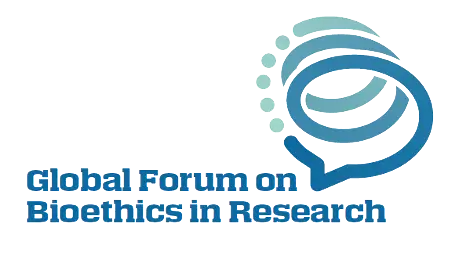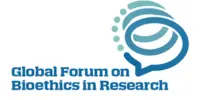Theme 3: Research Agenda Setting and Uptake: Power, Justice and Fairness
Climate change prompts research investigating the severity, prevalence, modes of transmission of, and effective interventions against its health impacts. Research agendas and other factors influence the aims and approach of different investigators and funders, and funders, political and business leaders, and others influence research agenda setting. The extent of research uptake by a target audience varies with knowledge, needs and priorities, and local political and other interests. This panel explores some of these interests. Ehsan Shamsi Gooshki describes how local authorities and policymakers discounted a study that predicted the consequences, and proposed viable strategies to mitigate the harm, of a devastating flood in Iran. He surmises that this may be because the research was self-funded, researcher-initiated, highly technical, and lacked a participatory approach. María Victoria Gerbaldo and 6 co-authors describe engaging grassroots women's organisations in co-producing knowledge about effective climate-health responses, and advance a method that they call ‘transdisciplinary reflective equilibrium’ as a means of mitigating associated injustice. Guímel Peralta, with co-author Tatiana Carozzo, raise familiar justice concerns about the conduct of high-income country (HIC) research in low resource host countries. Their case highlights opportunities for host countries to benefit from research on dengue by focusing research on environmental conditions and vector control rather than on vaccines and products that are too expensive for widespread host country access.
| Time | Session |
|---|---|
|
15:40
15:50
|
|
|
15:50
16:05
|
Ehsan Shamsi Gooshki
Speaker
Tehran University of Medical Sciences, Iran and Monash UniversityAustralia
|
|
16:05
16:20
|
María Victoria Gerbaldo
Speaker
Oxford-Johns Hopkins Global Infectious Disease Ethics Collaborative (GLIDE), Climate Ethics and Development FoundationArgentina
|
|
16:20
16:35
|
|
|
16:35
16:50
|

